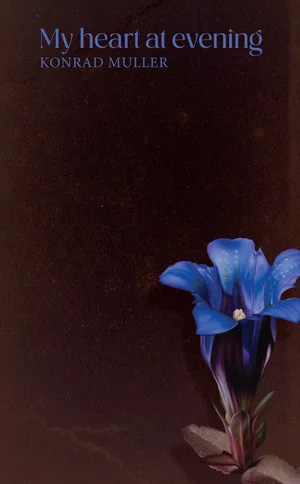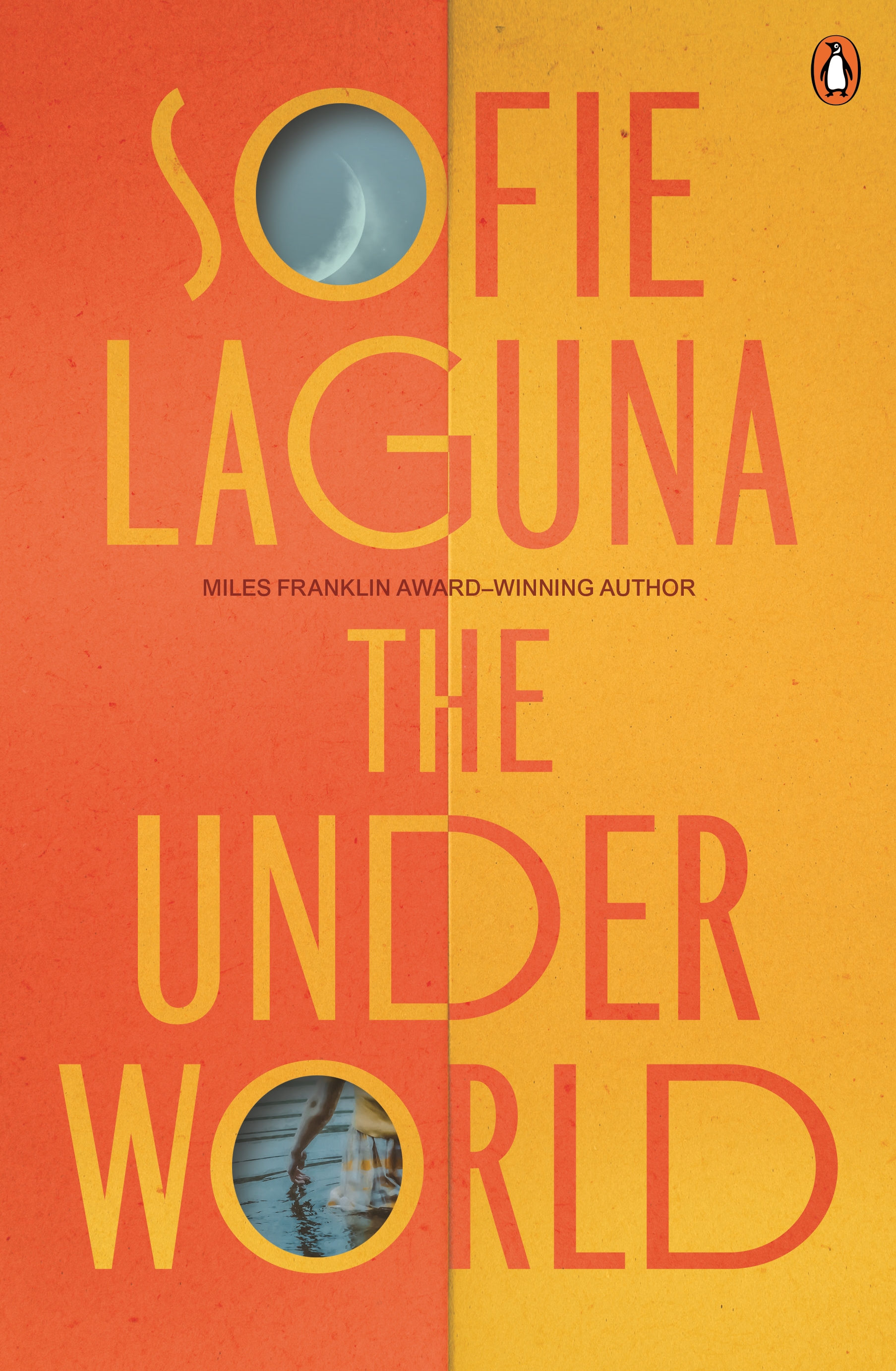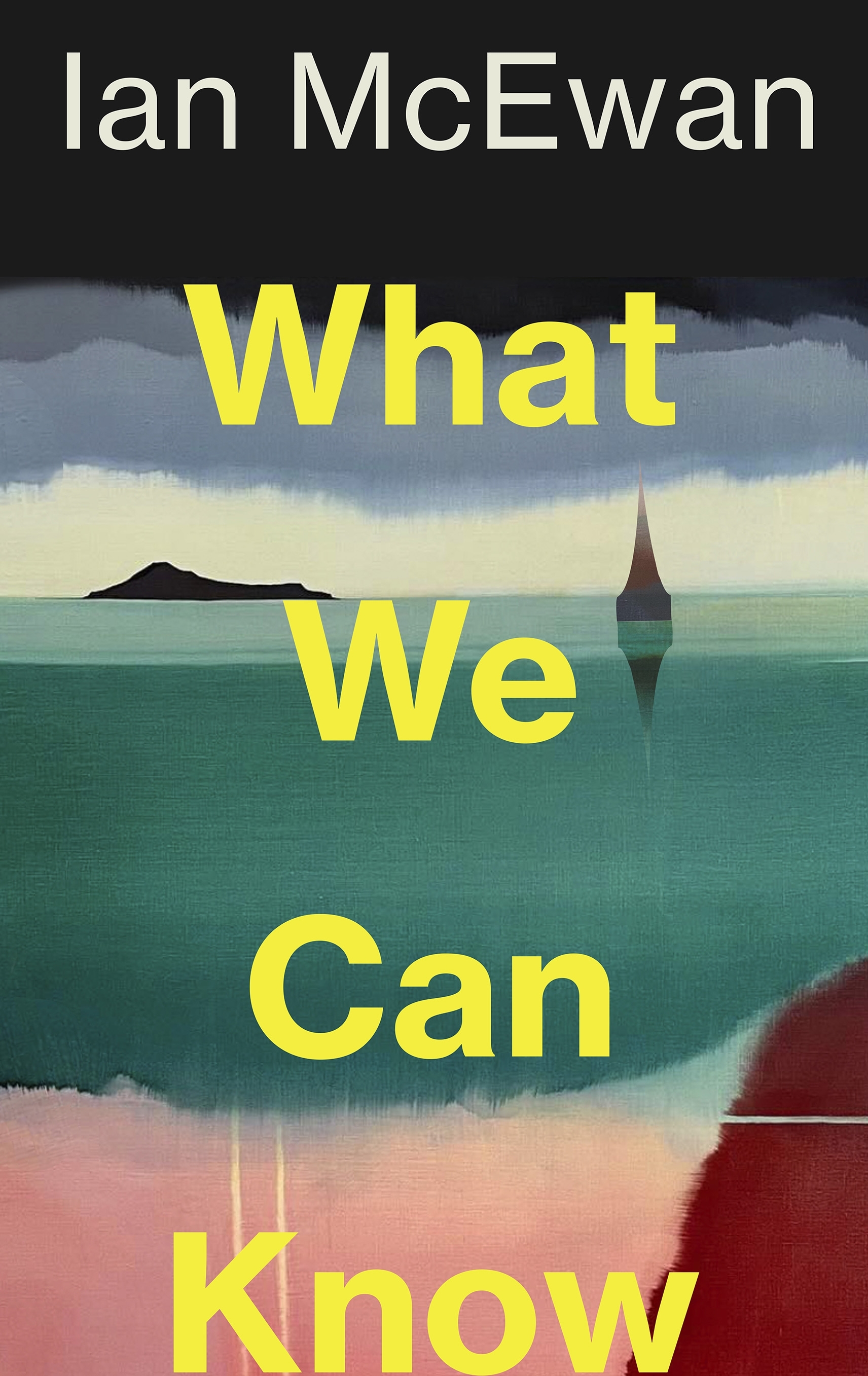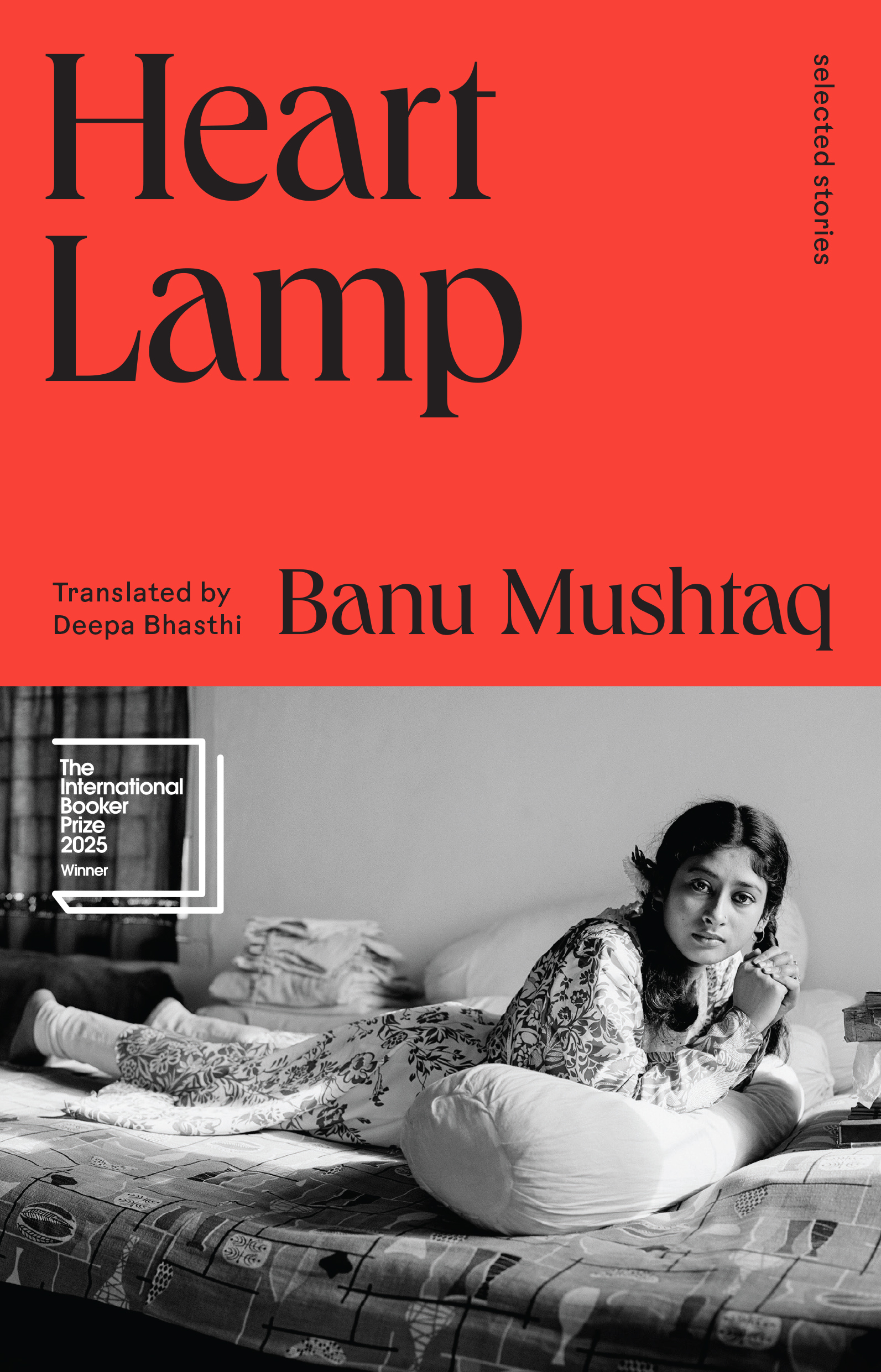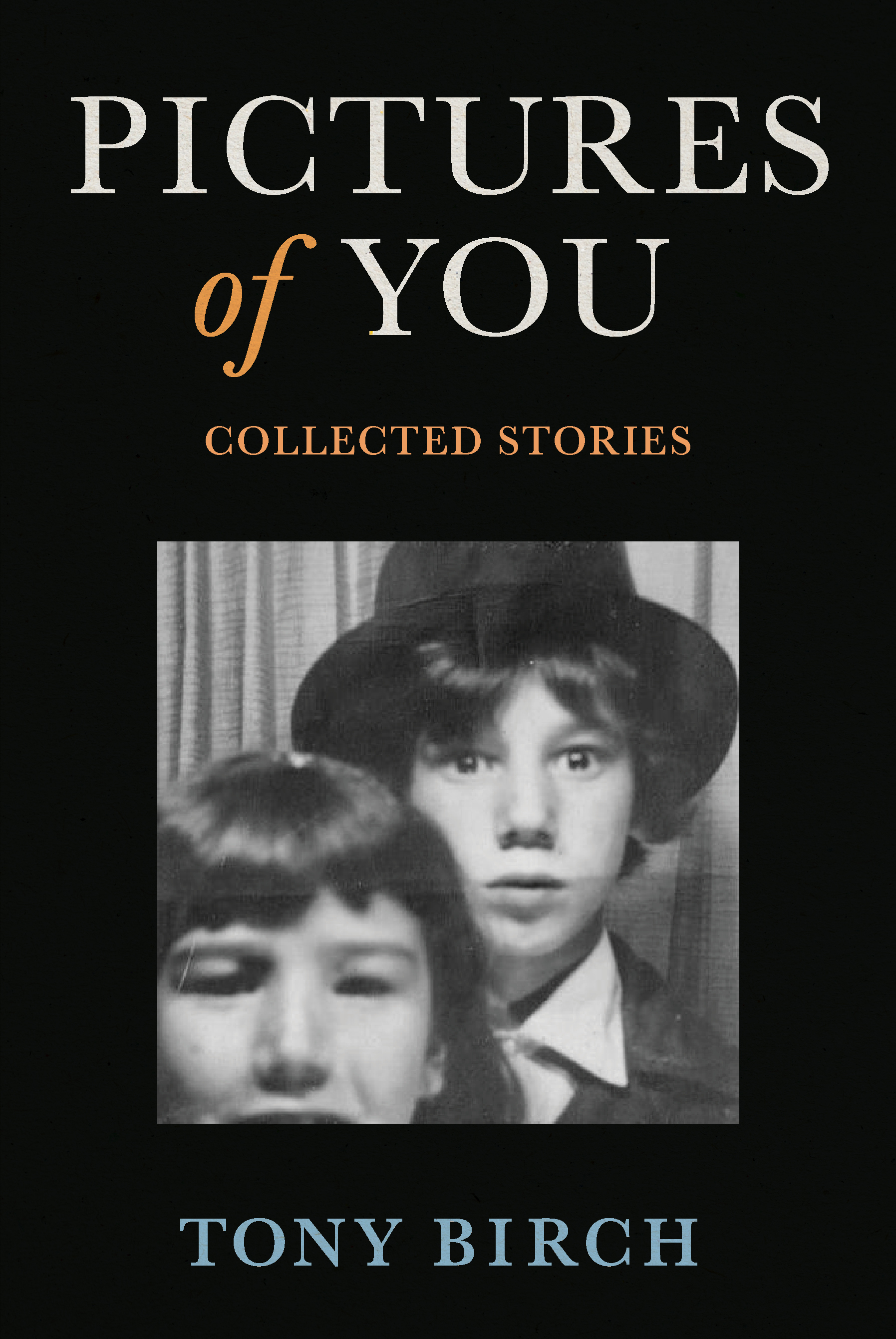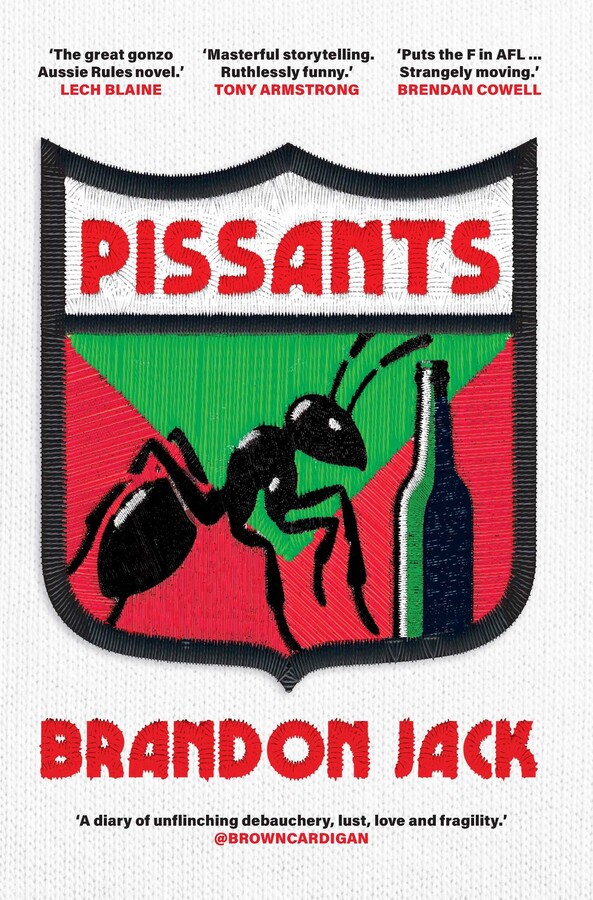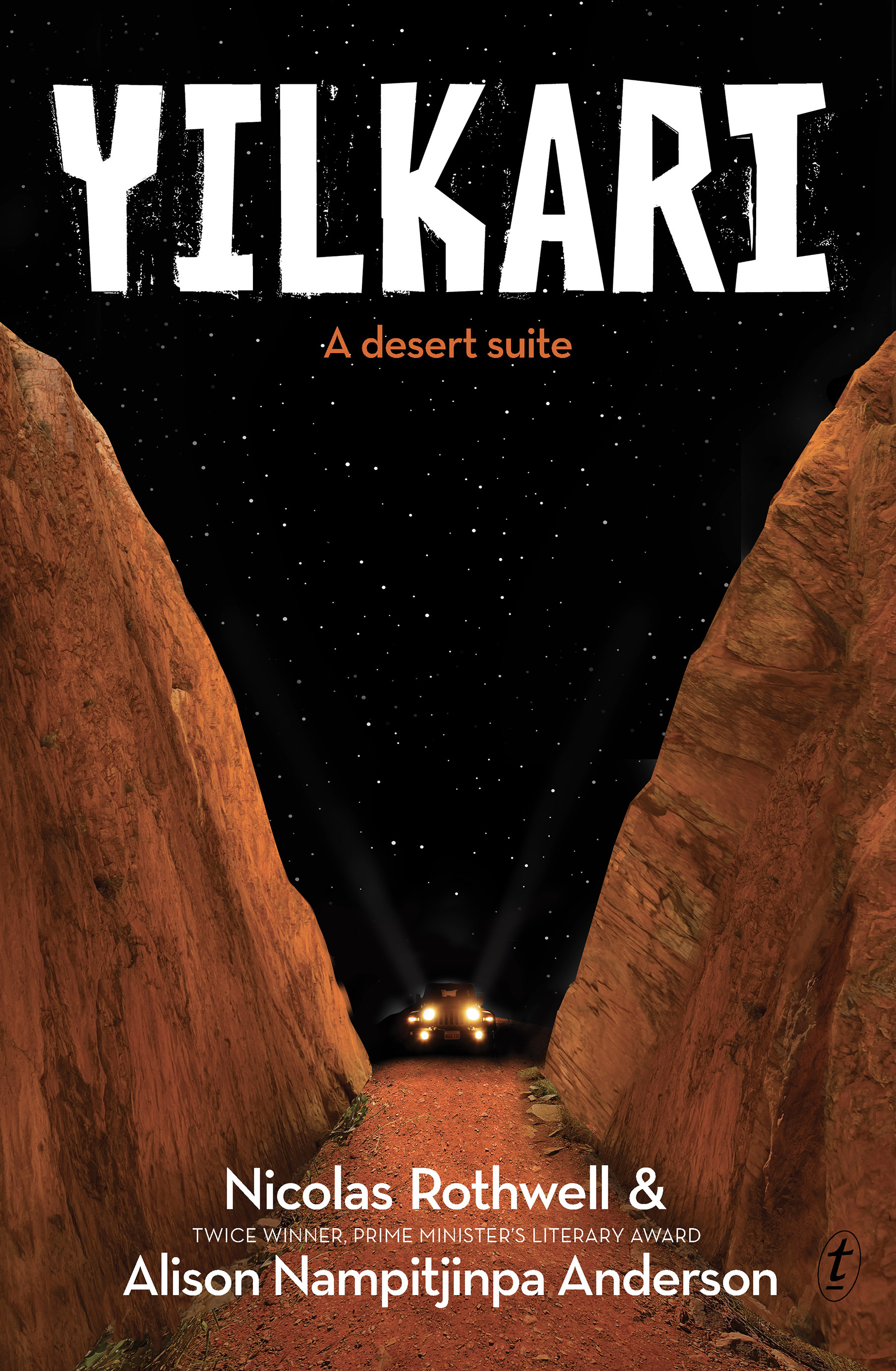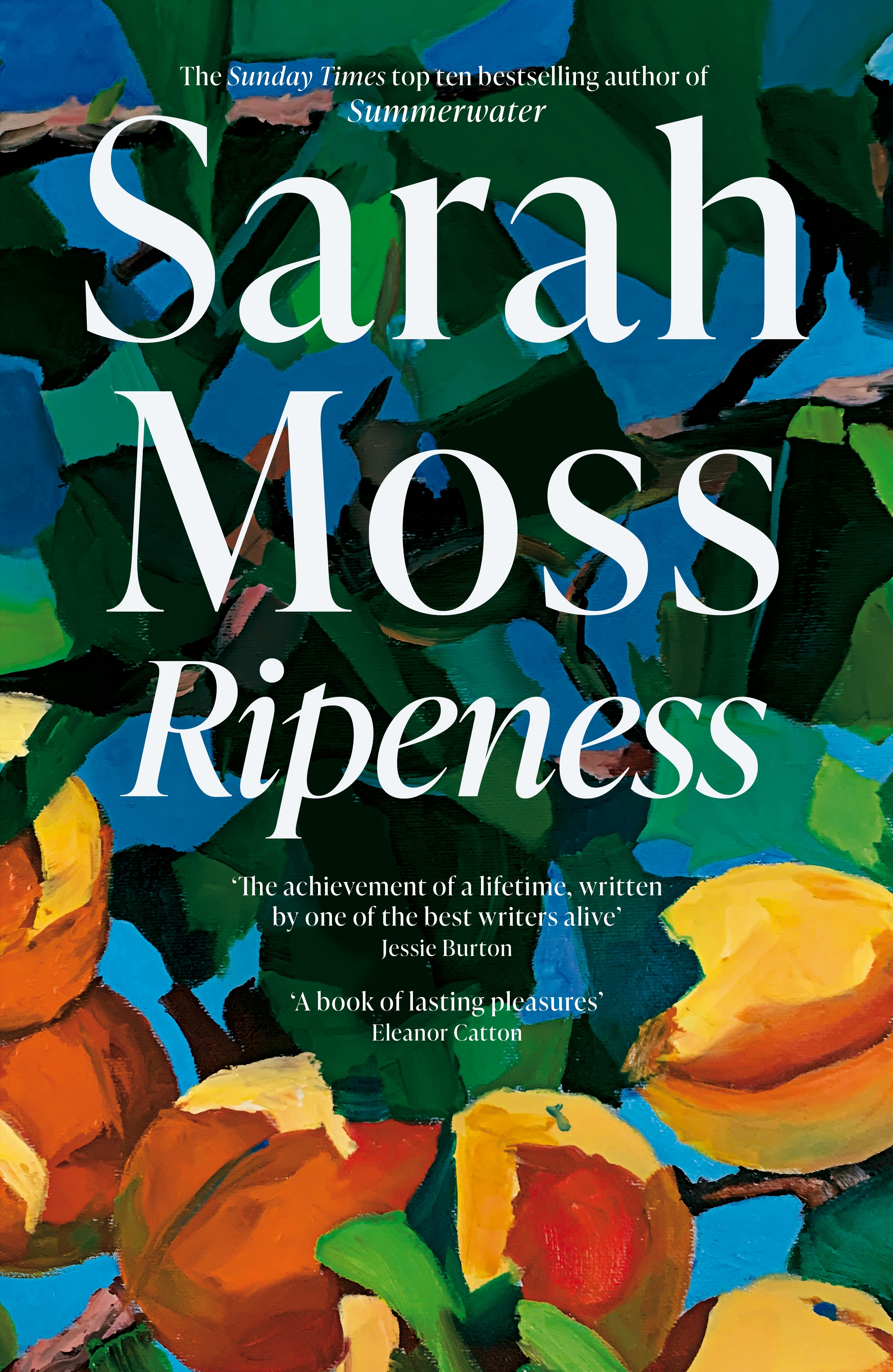Fiction
Discipline by Randa Abdel-Fattah & What Kept You? by Raaza Jamshed
This pointed aphorism accompanied my reading of two releases that shoulder the ongoing work of activism against colonialism and empire. Randa Abdel-Fattah’s Discipline and Raaza Jamshed’s début novel, What Kept You?, are both set here, in Australia, but their characters are willed continually to look there, their displaced gaze stacked with invisible lives unseen by friends, colleagues, and intimates. One is urgent, desperate, and resolute; the other wracked by guilt that immobilises.
... (read more)Amanda Lohrey
My novel of the year is Italian writer Vincenzo Latronico’s Perfection (Text Publishing), a slyly political novel about a cool young couple in Berlin whose good intentions are undermined by neo-liberalism’s pet child, a rootless cosmopolitanism. I once shared an office with the poet Dorothy Porter and it was an experience. Porter died in 2008 at the age of fifty-four and in Gutsy Girls (University of Queensland Press) her sister Josie McSkimming crafts an affecting portrait of the poet and the resistance of both sisters to their volatile father. Beautifully written and with some of Porter’s best poetry woven throughout the text. Joan Didion’s Notes to John (Fourth Estate) is perhaps the ultimate in literary voyeurism, a diary of Didion’s sessions with her psychiatrist, published after her death. Didion’s therapist is an intriguing character in his own right.
... (read more)In the the current Australian publishing landscape, dominated as it is by conglomerates and mergers, the establishment of new small, independent presses has never been more important. While mainstream publishers continually laud conventional prose and consumable literary plots – giving many readers a false perception of the quality of contemporary Australian literature – numerous small presses instead champion the difficult, the unconventional, the strange and experimental. Evercreech Editions, a new press out of Hobart, Tasmania, maintains this ambition. The founder, Adam Ouston – one of Australia’s most ambitious writers – states in Evercreech’s mission statement: ‘I wanted an outlet for the out of step, the weird, the boldly defiant, a home for the homeless.’ Unfortunately, these qualities aren’t exhibited in Evercreech’s first published book, Konrad Muller’s début novel, My Heart at Evening.
... (read more)Australian author Sofie Laguna has a gift for capturing the unique voices of the children and adolescents who inhabit her novels. It is a gift she attributes to her early career as an actor, when she enjoyed portraying children as much as she enjoys writing about them now. The common thread through each of her five adult novels, which have won and been shortlisted for multiple awards, is that they feature unusual, often troubled children or young adults whose lives are difficult because they have been let down or abused by the adults who care for them.
... (read more)A university librarian mentioned in a recent conversation how a famous writer had sold his computer hard drive to an American archive without realising this could give future researchers a record of not only his emails but all the internet sites he had ever visited. Ian McEwan was not the author in question, but it is precisely such issues that frame the narrative of his latest novel: the first part is set a hundred years from now, while the second section consists of a fictional journal set in our own recent past. As the novel’s title suggests, a key concern here is epistemology – how lived human experience differs from knowledge in forms of representation and rationalisation.
... (read more)Heart Lamp: Selected stories by Banu Mushtaq, translated from Kannada by Deepa Bhasthi
In May this year, a selection of stories compiled and published as Heart Lamp by Kannada writer Banu Mushtaq won the International Booker Prize. One may speculate that the presence on the jury panel of prominent translator Anton Hur might have had a seminal role in swinging matters in favour of such a little-known name. Even in her home country, India, Mushtaq’s win, though celebrated, was greeted with curiosity about who this writer was, and what literary tradition she was writing in. Those curious included putative readers of Kannada and of bhasha literatures more broadly in the Indian subcontinent.
... (read more)Toward the end of this fine retrospective collection of Tony Birch’s short fiction, there is a story called ‘The Bicycle Thieves’. The nod to Vittorio De Sica’s 1948 film signals that these stories sit within the universe of realist fiction. Not just realism in the sense that they do something very different from romance, comedy, or fantasy, but in the sense that they reflect a specific commitment to proletarian life known as social realism. Something that you will not find anywhere in these twenty-two stories is the entirety of bourgeois existence. Almost as if the zombie apocalypse has taken place, Birch’s world is devoid of universities, office buildings, the internet, mobile phones, air travel, café lattes, Pilates studios, photocopiers, or noise-cancelling headphones.
... (read more)In The Season, Helen Garner describes a photograph of Australian Football League player Charlie Curnow celebrating a goal: ‘It’s Homeric: all the ugly brutality of a raging Achilles, but also this strange and splendid beauty.’ There is a mythic image in Australian culture of the AFL player doing battle on the football oval with the strength of Hercules or the wit of Odysseus. Brandon Jack’s Pissants, his first novel, is an inversion of this mythopoeia; it is an exposé of football culture, the false pluralism of Australian masculinity, and a deranged form of identity that runs through ‘the club’. It shows the average life of a footballer at the fringes of a team list. Jack, having played for the AFL’s Sydney Swans from 2013 to 2017, has firsthand experience of the (in)famous ‘Bloods Culture’ – one built on a mantra of self-sacrifice, discipline, and unity – and this experience shows throughout the novel.
... (read more)Yilkari: A desert suite by Nicolas Rothwell and Alison Nampitjinpa Anderson
Outsiders, mostly white men seeking answers to burning existential questions, have long been ineluctably drawn to Australian deserts. The continental interior, with its deep-time mysteries, has lured not only explorers on fatal quests, but also lone anthropologists, philosophers, and other restless wanderers in search of themselves, burdened with their interrogations and yearnings for higher truth.
... (read more)Sarah Moss’s tenth novel, Ripeness, charts the burden of bearing witness to tragedies, both personal and historical. At the heart of the story are two sisters from rural Ireland: Lydia, a ballerina, and Edith, a school-leaver due to commence a degree at Oxford. When Lydia falls pregnant, the girls’s mother charges Edith with the responsibility of assisting in the birth and overseeing the transfer of the baby into the care of his adoptive mother.
... (read more)



